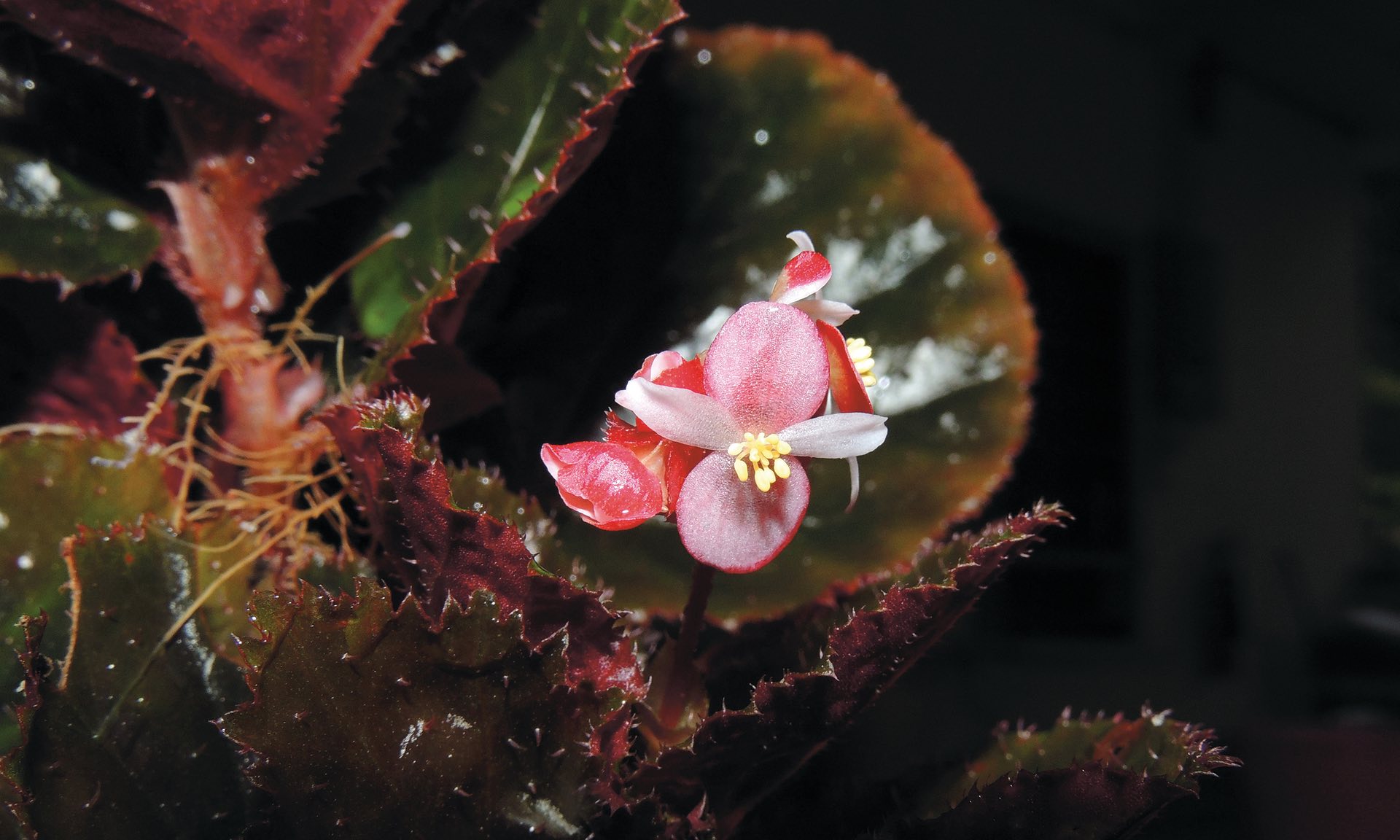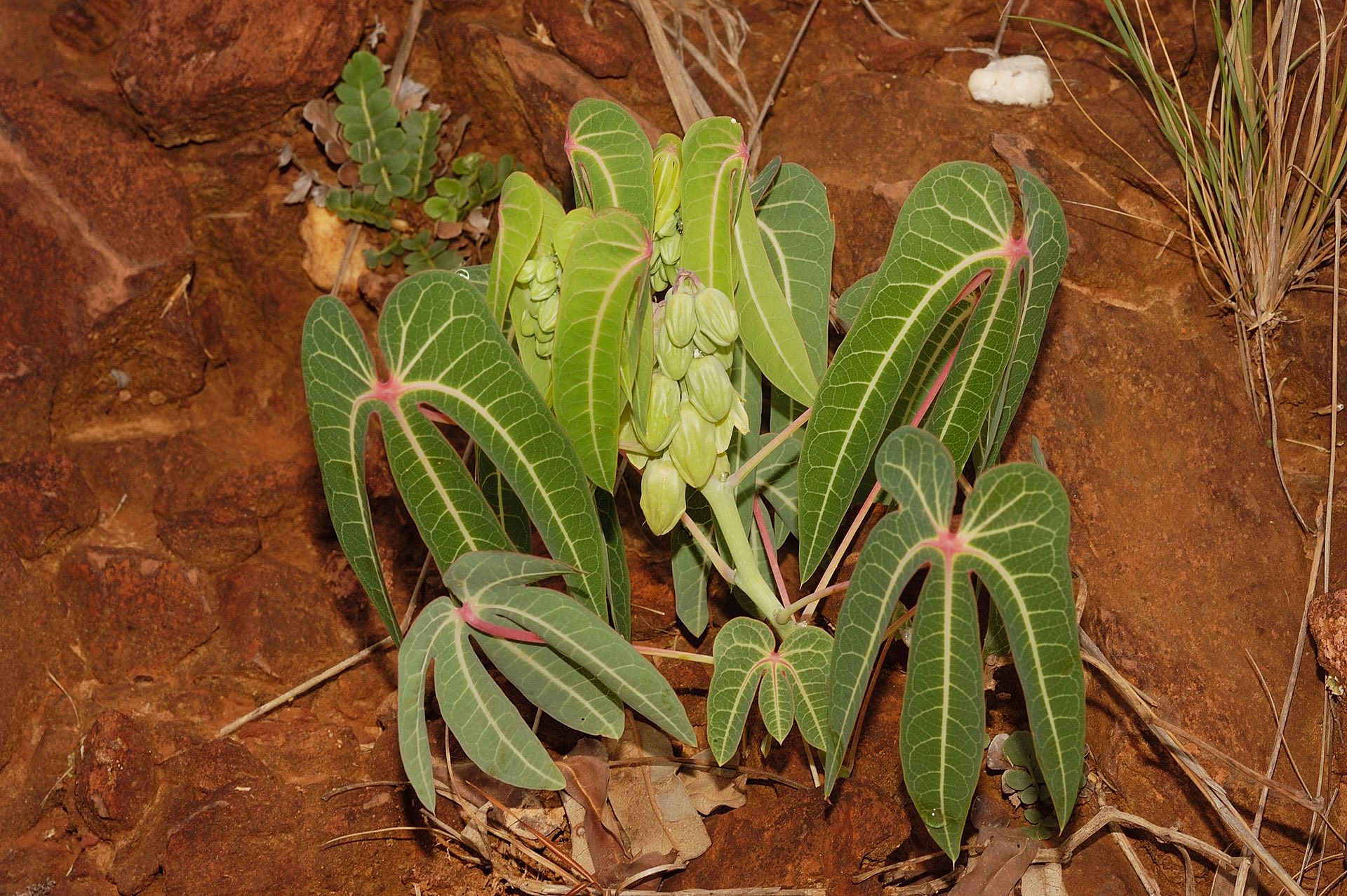1,700 plants were discovered last year, including new types of coffee, parsnips and roses
1,700 new plant species were discovered in 2016, from new parsnips to roses, coffee, herbs and begonias, according to the State of the World’s Plants report, led by scientists at the Royal Botanical Garden Kew in the UK.
The report, published on Thursday, showcases both the numerous new discoveries and the risks the plants are facing in the modern world due to pests and various invasive species.
Out of the 1,700 new species, it is the 11 new species of cassava found in Brazil that are the most significant new foods discovered, and it is hoped that they will help the 11 million people across the tropics that use it as a staple food.
An unusual bamboo from Madagascar with spiky, hedgehog-like flower clusters is the most striking discovery of them all, due to its peculiar appearance and the fact that it takes a decade, if not half a century, to develop them.
29 begonias from the forests of Malaysia, as well as roses and busy-lizzies from China, are also included among the 1,700 new species.

“There are just huge areas we know nothing about. I find it really encouraging that there are many, many new plants to be found in the world. Plants are critical to life on Earth and all aspects of human wellbeing. I get most carried away with the new food crops, because I think one of the most worrying things about climate change is its impact on food security,” said Prof Kathy Willis, director of science at Kew Gardens.
Willis further explained the importance of the wild relatives of crops. Since these have survived for hundreds of millennia in all kinds of climate, it means that are rather tolerant to extreme conditions, such as drought, or to disease. However, Willis added that finding them is more of a daunting task. “They often look awful and are not in protected areas. The newly discovered parsnip in Turkey, she said, “is the most miserable plant you have ever seen,” she detailed.
Scientists from the Kew Gardens are going to work with the government in Colombia in order to explore new areas in the country that might be home to new plant species. “It is one of the most biodiverse areas in the world and people have no idea what plants are there. The government is very keen to understand what plants they have before large industry is going in and stripping the plants out,” Willis explains.

The report also highlights a threat posed by the emerald ash borer, a beetle native to east Asia but which is carried to the US in wood packing material. The beetle is expected to kill the majority of the 8 billion ash trees in the USA. This is turn has a side effect on the health of the population, as plants improve air quality. “It’s not just that you lose your street trees, you get an increase in respiratory problems and an increase in mental health problems,” Willis emphasised.
“Currently there is a disconnect between plants and people. The fact that so many of these are plants that we rely on day in day out or have the potential to provide us with a new source of drugs or food or fuel – I can’t think of a stronger argument for conserving plants than that,” the scientist concluded.